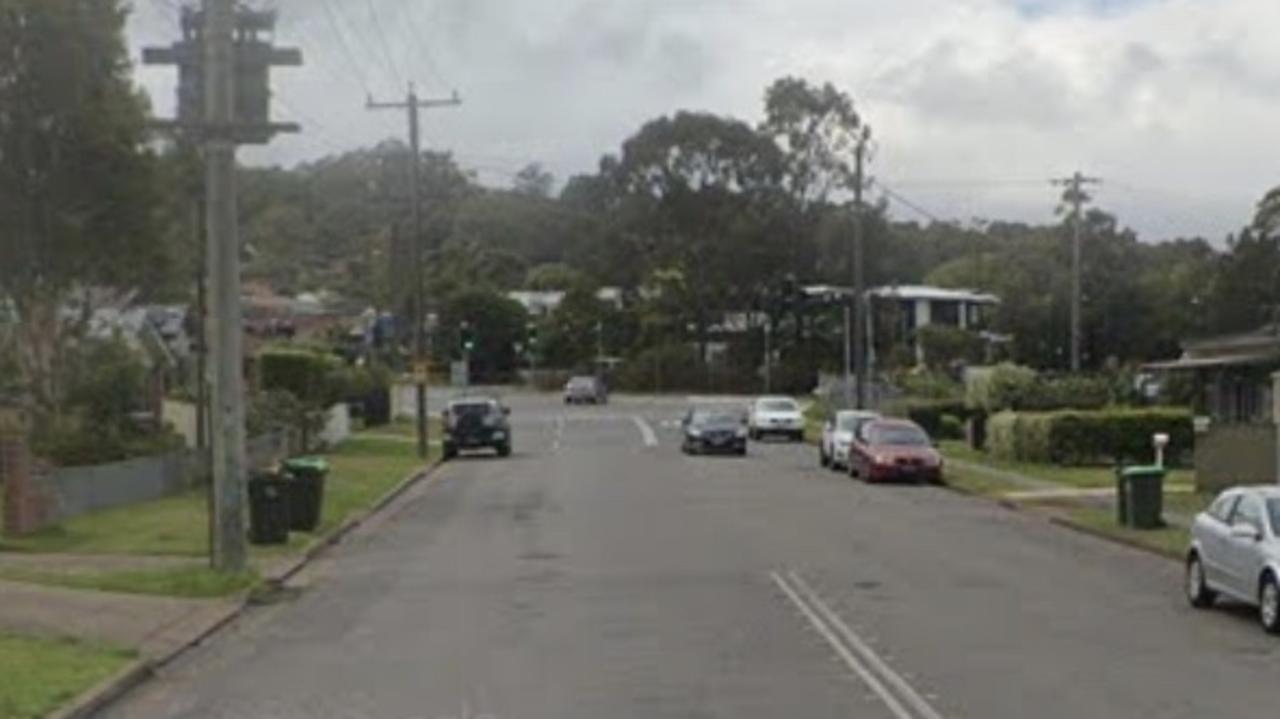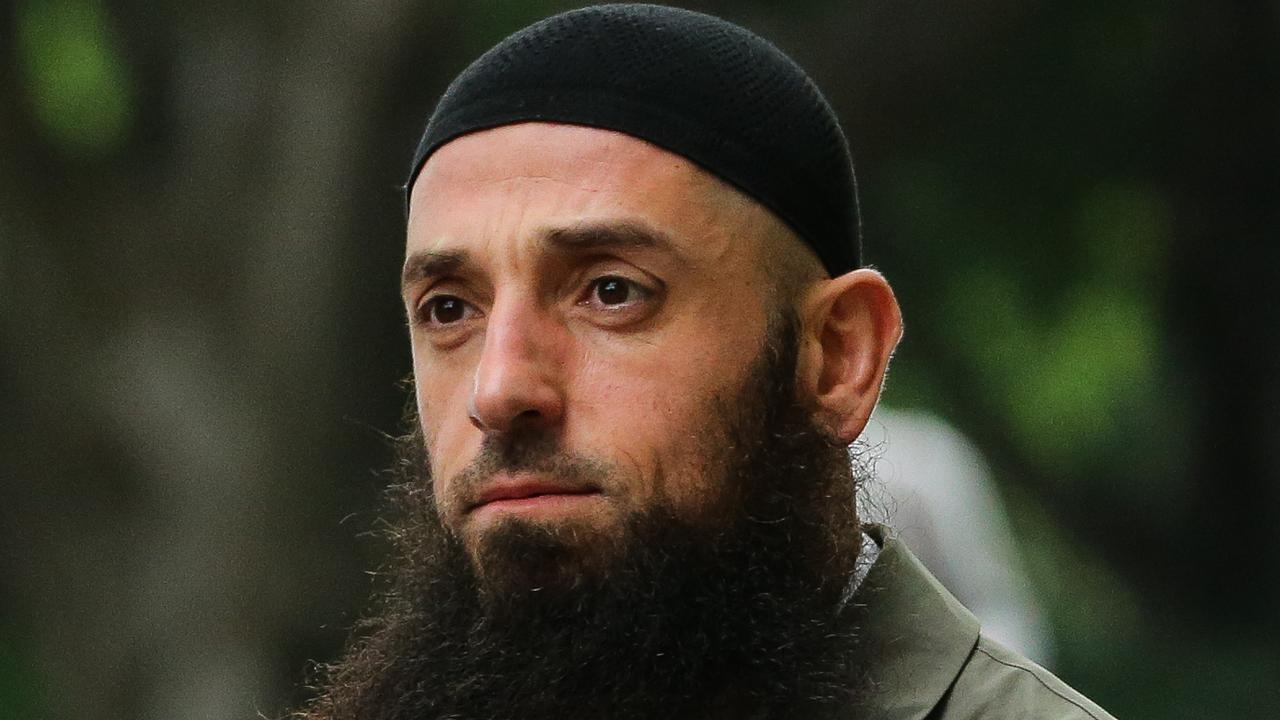NSW Supreme Court imposes interim supervision order on white supremacist Desmond Liddington
A Sydney white supremacist is set to be released from prison despite a risk assessment report deeming him as a “moderate to high risk” of future involvement in extremism or terrorism.
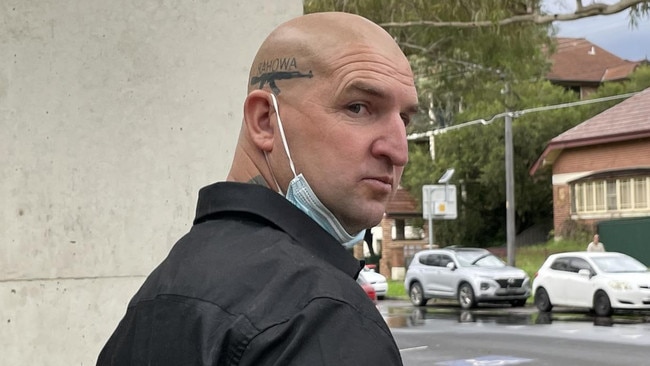
Police & Courts
Don't miss out on the headlines from Police & Courts. Followed categories will be added to My News.
A Sydney neo-Nazi will be assessed by psychologists to determine if he needs to be closely monitored upon release from prison after he was categorised as a “moderate to high risk” of future involvement in violent extremism or terrorism.
Desmond Liddington, who is the leader of the white supremacist group Firm 22 and sports the tattoo “RAHOWA” – which refers to the neo-Nazi concept of a “racial holy war” – on his head was sentenced to two years behind bars after appeal for affray and intimidation.
The disturbing incident occurred in December, 2021, at the Arncliffe residence of left-wing activist Padriac “Paddy” Gibson.
Court documents state Liddington, along with Clement Gilbert and Max Ferrer, knocked on Mr Gibson’s door before menacing “We want to have a word with Paddy” and damaging a window and the veranda.
In February, 2021, Magistrate Phillip Stewart sentenced Liddington to two years and six months behind bars after telling Sutherland Local Court he had “no doubt” the crimes were “motivated by hatred ... againsta group of people to which he believed Mr Gibson belonged”.
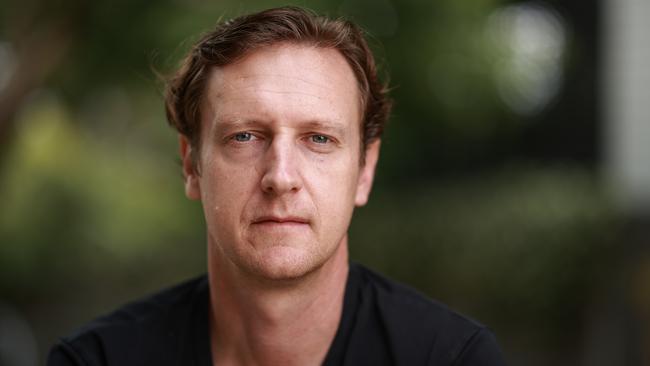
“There can be no doubt that Gibson was targeted by Liddington and others due to their right-wing extremist beliefs which obviously do not accord with those held by Gibson,” Mr Stewart said.
Judge Leonie Flannery reduced the prison term to two years despite hearing how Liddington first became exposed to white supremacy ideologies while serving time in Western Australia.
In December, last year, the state of NSW applied to continue monitoring Liddington ahead of his release in early February under a NSW Supreme Court-imposed interim supervision order.
During submissions, barrister James Emmett SC, acting on behalf of the state, said the application was brought about given the potential terror threat the southwest Sydney bricklayer posed on release.
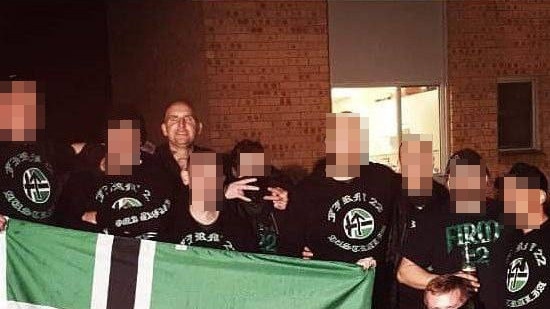
“There is a real possibility they (the group Liddington was a part of) are a terrorist organisation as defined or that they may be in the future,” Mr Emmett submitted before later acknowledging the case was “looking at possibilities in the future”.
Liddington’s barrister Richard Wilson SC, described the suggestion his client could be part of a terrorist organisation as “pure speculation”.
On Friday, Justice Andrew Coleman granted an ISO for a 28-day period – which could be extended – while a psychiatrist and a psychologist examined Liddington to prepare separate reports to the court regarding a longer extended supervision order.
Under the terms of an interim or extended supervision order, which is tailored to an individual’s specific needs, stringent and often onerous conditions can be placed upon offenders including who they interact with and how they go about their daily life.
In a written decision, the judge notes remarks from a risk assessment report which state Liddington is a “moderate to high risk of violent extremism, politically motivated violence or terrorism”.
“The defendant continues to present with an extremist right-wing ideology and has continued to maintain contact, albeit limited, with his brother Jeremy and Robert Edhouse,” the report author Katrina Czerkies opined.
The decision also include excerpts of a countering violent extremism assessment conducted by a a senior psychologist which described how Liddington said white power beliefs “rang true” and “gave him something to fight for”.
Liddington told the psychologist he radicalised himself online and followed American white supremacist William Pierce and was “interested in convincing others of these beliefs”.
Got a court tip? Email dylan.arvela@news.com.au




